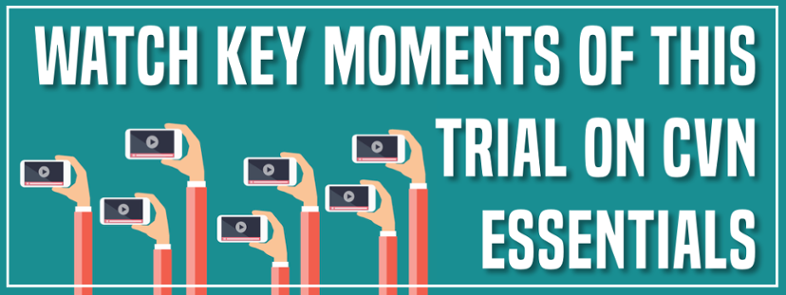Some corporate franchisors try to have their cake (or, allegedly in this case, pizza pie) and eat it too when it comes to independent franchisees. Franchise agreements seek to control the franchisee as if it is an agent, but gain protection from liability that working with an independent entity affords. That independent contractor label can pose a difficult hurdle to holding a corporate franchisor liable for the actions of a franchisee. But, in Weiderhold v. Domino’s Pizza, Mark Avera proved the link to render Domino's Pizza liable for the actions of its franchisee pizza store, and the delivery driver involved in a catastrophic car crash. In the process, he secured a nine-figure verdict.
In January 2011, Jeffrey Kidd, a delivery driver for a Domino's Pizza franchise, allegedly pulled out in front of Richard Wiederhold’s pickup truck, causing him to swerve into a median before the truck overturned. The accident left Wiederhold, a retired firefighter, a quadriplegic. He died a year later from complications that arose from his paralysis.
Wiederhold’s wife sued Kidd, along with Domino’s Pizza. Domino’s claimed that, since Kidd worked for a franchise owned by Fischler Enterprises, it was not liable for the accident. It argued its franchises operated by agreement as independent entities, not agents of the chain, and the trial focused not only on Kidd’s part in the collision but whether Domino’s was liable for a franchise employee’s actions.
In his opening statement, Avera, of Avera & Smith, hammered at the bond between Fischler's franchise and the corporation, offering a litany of examples showcasing Domino’s control. Domino's corporate representatives could walk into Fischler’s store without notice at any time to search for alcohol or other contraband, Avera told jurors, and while there, access Fischler’s own work computer. Of course, Avera added, Domino’s control over franchisee computers such as Fischler's was so extensive the company didn't have to ever send representatives to the computers; Domino’s could access them remotely.
“That’s evidence of right to control and evidence of exercise to control,” Avera said.
Avera noted Domino’s had hundreds of rules for franchisees, and he highlighted the mandates that applied to delivery drivers. Examples of the driver rules included forbidding non-employee passengers to ride in the car when the driver was on duty and mandating the use of seat belts.
“I don’t mean to suggest to you that these are bad rules…” Avera said. “But these are rules that the franchises are required to follow.”
In the end, Avera used his opening to link Domino's and Fischler, his first salvo in ultimately proving Domino’s was liable for Kidd’s wreck. It was a link that put Domino's on the hook for a $10.1 million verdict.
Related information
Not a subscriber?
Learn how you can watch the biggest trials and best attorneys in Florida, and across the country.





